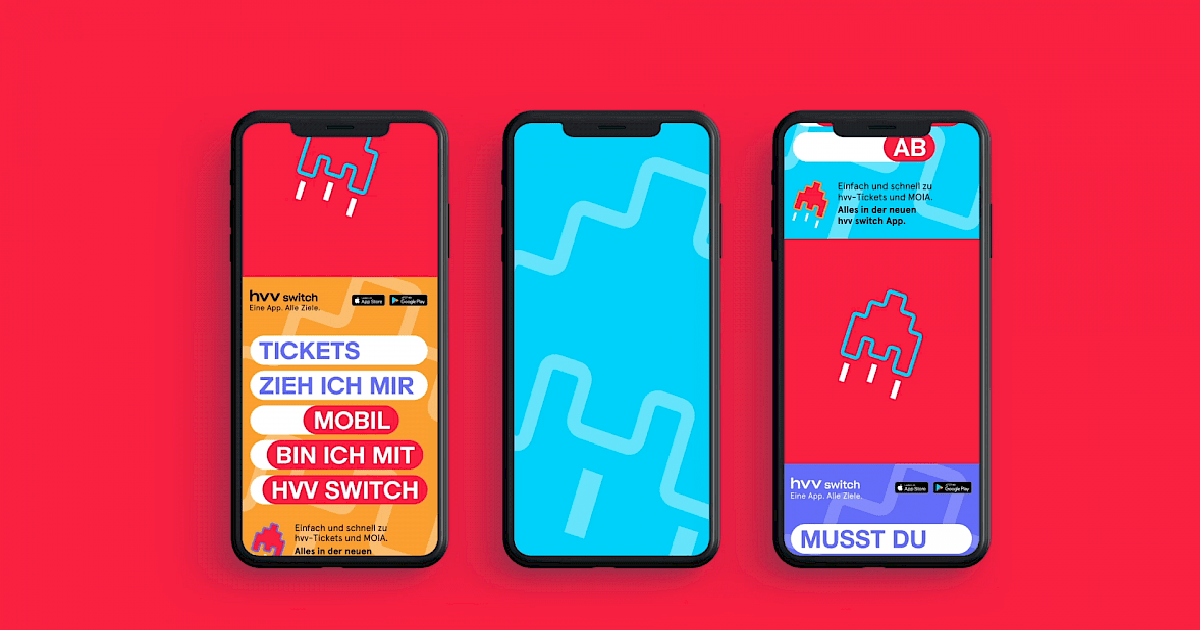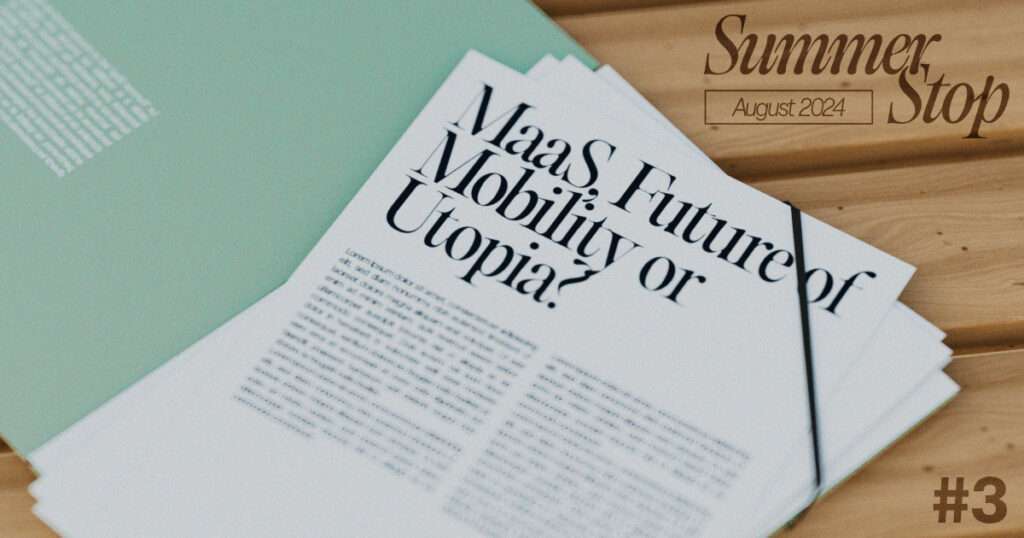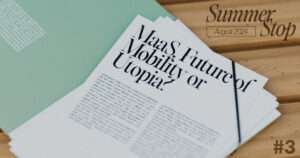Launched in June 2020 by the operators Hamburger Hochbahn AG and Hamburger Verkehrsverbund, HVV Switch is delighting Hamburgers. With more than 100,000 downloads, the application now offers numerous features, simplifying the daily lives of its users.
In particular, it has incorporated a “multi-modal” experience, allowing users to book a single mode of transport among several alternatives. And, a “ticketing” experience, offering direct access to the purchase of transport tickets. Two ways of consuming mobility that we will examine in this article. An analysis drawn from our comparative analysis.

Multimodal: 5 operators, no deep-links!
Unlike most of the MaaS applications we have studied, HVV stands out because it only makes deep integrations with all mobility providers. In fact, with a single registration, the user has the possibility to access three different monomodal paths, By credit card or via PayPal, they can book and pay for a car-sharing vehicle, transport on-demand, or an electric scooter. And all this without leaving the application once, just like Saint-Etienne’s MaaS application, Moovizy.
When it was launched, HVV Switch began by integrating the MOIA on-demand shuttle reservation. A car-sharing service, a subsidiary of the Volkswagen group, which arrived in Hamburg in April 2019. For information, it plans to integrate autonomous vehicles into its fleet by 2025. A strategic choice, as it covers the majority of the districts located on the outskirts of the city, thus perfectly complementing Hamburg’s public transport network. An offer that can also be found in the application. And it’s not by coincidence…
Governed by the so-called “integrator by transport” model, it is HVV and Hochbahn, the operator of the public transport network, that manage the MaaS application. This is one of the four governance models defined by the UITP (International Association of Public Transport), allowing the application to establish a direct connection with the ticketing system. To find out more about the other three models, please consult our dossier.

In order to diversify its multimodal offer, it is the complete SIXT SHARE car-sharing offer that will be introduced in May 2021. Users will find electric vehicles, city cars, sedans, breaks, etc. With the possibility of booking for up to 27 days.
A few months later, HVV Switch shifted into high gear by integrating the car-sharing service MILES and the first European supplier of electric scooters TIER. Two leaders in their market offering a sizeable fleet, but above all the possibility of expanding its coverage. Indeed, MILES also offers the “City-to-City” fare, which allows you to connect two different cities, including Berlin, Hamburg, Munich, Potsdam and Cologne.
An offer available from the homepage (discovery)…
Unlike other MaaS applications, HVV Switch differs in its UI. Without a route calculator, it does not offer trip planning. Instead, the focus is on immediate departure. Everything is done to consume mobility quickly and directly. Like Gaiyo, HVV Switch presents its entire offer in the form of a marketplace.
The interface has been optimised by a unique ergonomic design. Indeed, the user only has to scroll up and down to display the different panels of the integrated operators. A common navigation adopted from social networks such as Facebook, Instagram or TikTok. An innate practice that gives the impression of having access to an unlimited number of offers.
In each section, the user finds all the essential information before making a selection, as illustrated in the diagram below. From the cost, to the type of vehicle, to the geolocation of the vehicle or the route to get there…
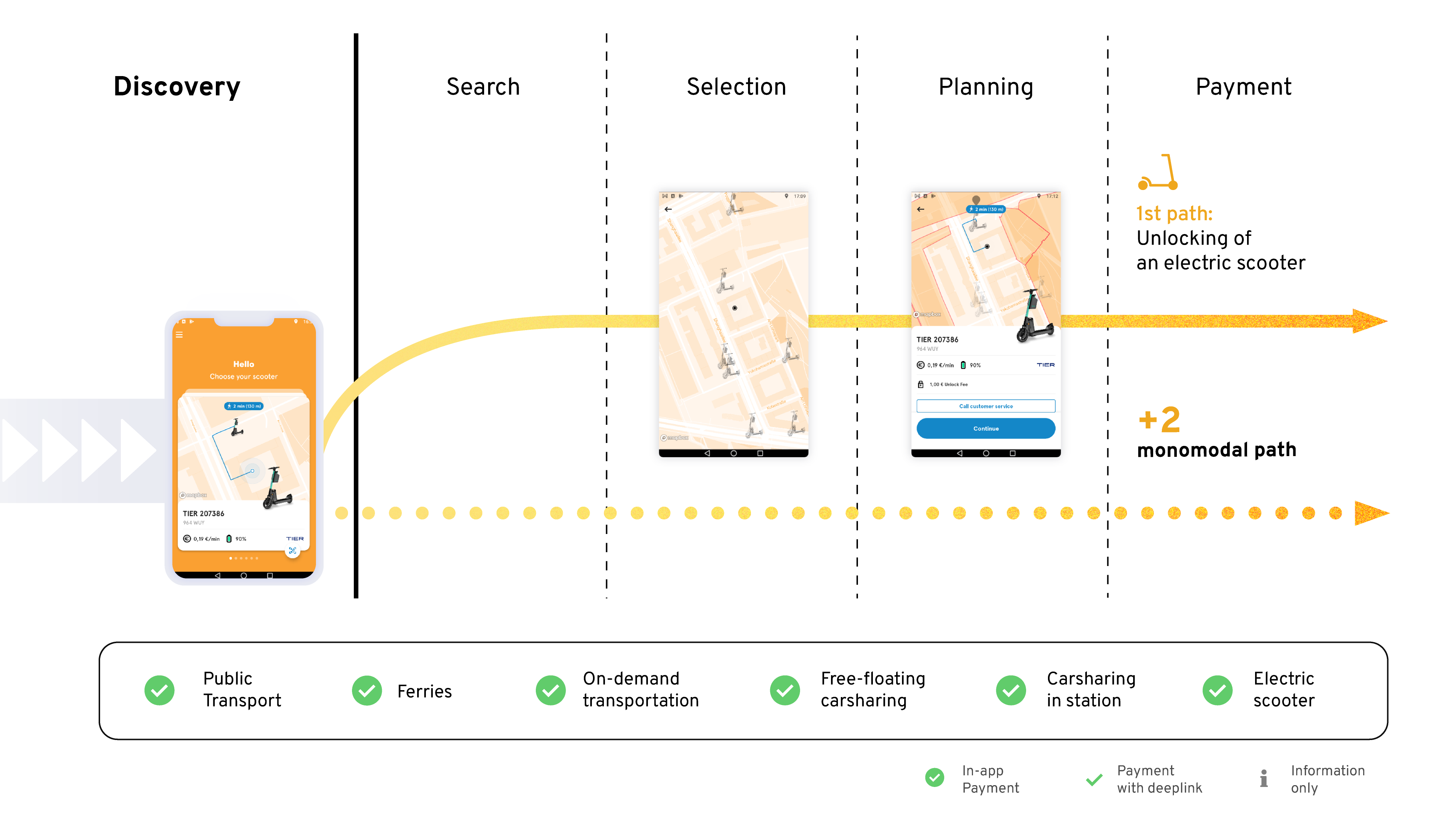
It is also important to note that, like Jelbi or WienMobil, HVV Switch integrates the majority of its offer in mobility hubs. Today, the application refers to more than 80 hubs, spread throughout the Hamburg conurbation. Located near strategic locations, they include the car-sharing vehicles integrated in the Miles, Six Share application.
But also self-service bicycles, bike and ride and electric charging stations. A comprehensive offer to promote intermodality and cover the first and last kilometers. To go even further and discover how to offer a seamless UX experience for intermodal journeys, don’t hesitate to consult our guide.

Ticketing: Direct purchase of M-ticket
Thanks to its direct access to the HVV distribution system, the application offers its users access to digital ticketing. No more need for a magnetic card, HVV Switch becomes the precious key. Compatibility between the various terminals and media is made possible by “the cEMV standard, an international security standard for contactless payment cards issued by Apple/Google Pay”. A user path of the application that depends on the ticketing system already implemented by the public transport operator. Three basic cEMV models defined by the UK Card Association, namely :
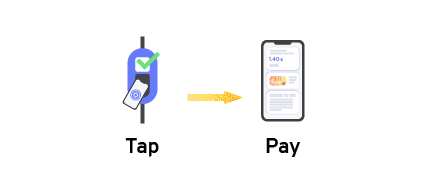
Single tap
In this first model, the user validates his support (card or smartphone) at the beginning of each new trip. No fare calculation. He will be automatically debited with a fixed amount, known in advance.
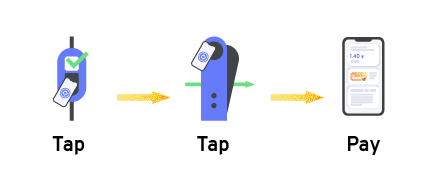
Double tap
This second model offers more flexibility in terms of pricing. Indeed, the user is billed precisely for the trip made thanks to the double-tap system at the entrance and exit of the transport network.
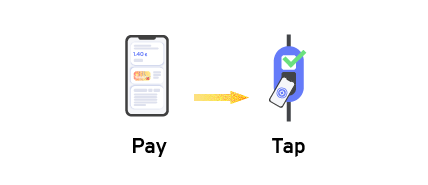
Pre-purchase
In the latter model, the user must purchase a ticket before the trip. A model that offers a wider view of the public transport or train offer.
In the case of HVV Switch, the pre-purchase model is applied. The user has the possibility to buy 8 types of tickets for bus, metro, tram and ferry. The tickets differ according to the zone or the period of validity. In addition, some tickets are 7% cheaper than at ticket machines or on the bus.
In addition, the application also offers a monthly pass for 9 euros, launched by the German government on 1 June 2022. A universal transport ticket with a reduced rate, valid only for the summer period (June, July, August). This ticket gives access to all local public transport and 2nd class on regional trains.
Launched to compensate for rising energy prices, the HVV said it had already sold 126,500 tickets in the first few days of pre-sales. More than 100,000 of these were sold via the HVV app and the online shop. To date, more than 400,000 tickets have been purchased and 680,000 HVV subscribers are taking advantage of the offer. This is the reason why the Hamburger Verkehrsverbund (HVV) servers were overloaded on 1 June.
Overview of the HVV Switch’s user experience
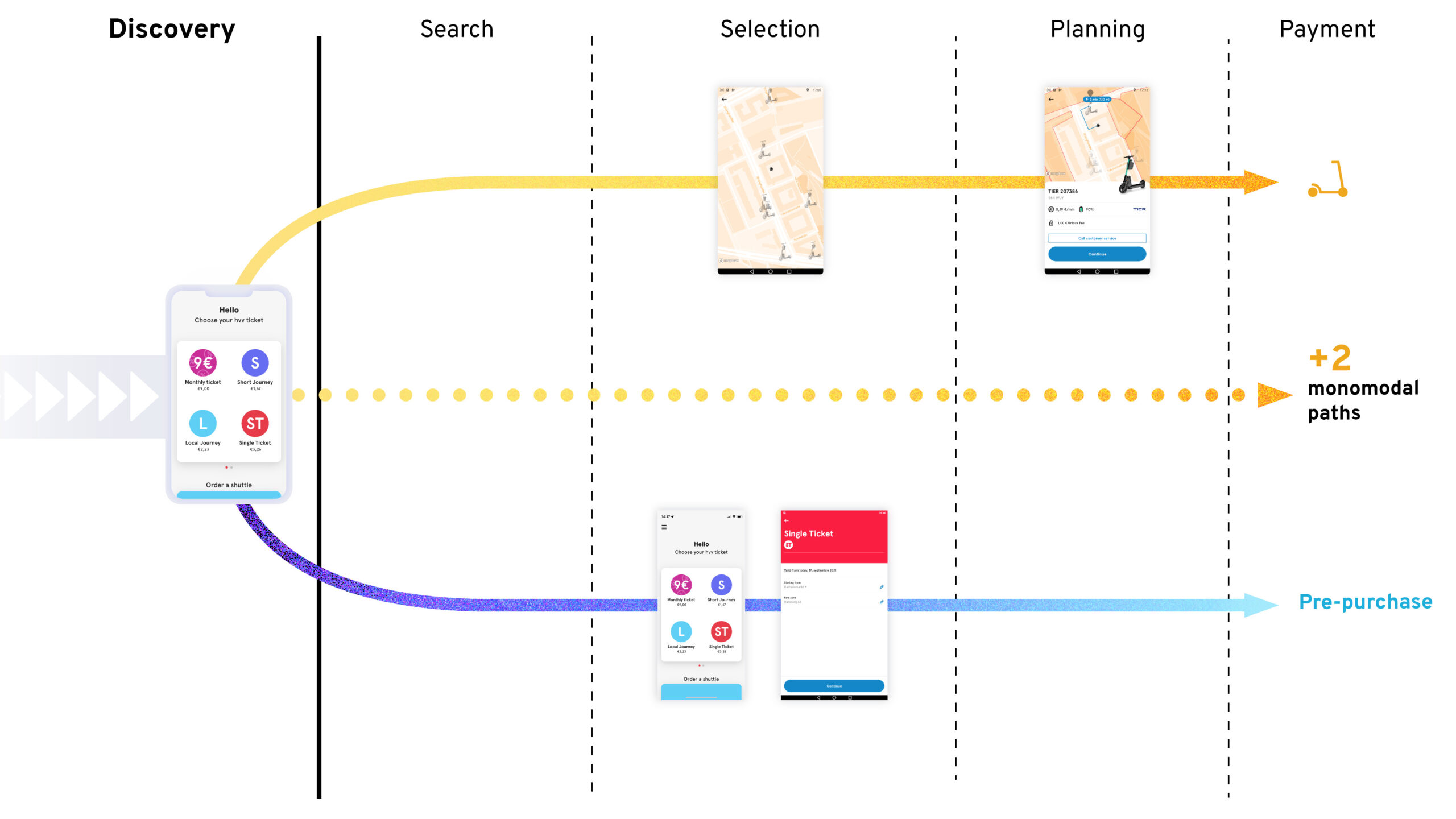
To discover the different UX approaches, don’t hesitate to consult
our complete benchmark of the 10 MaaS applications.

